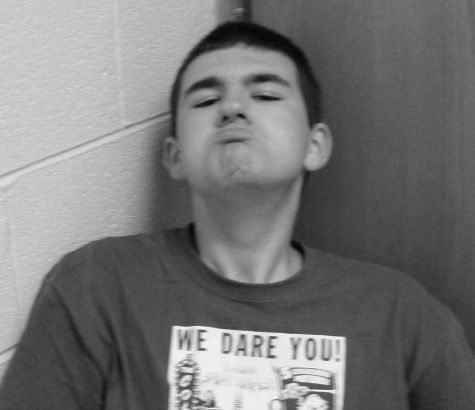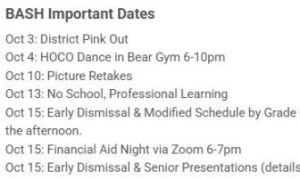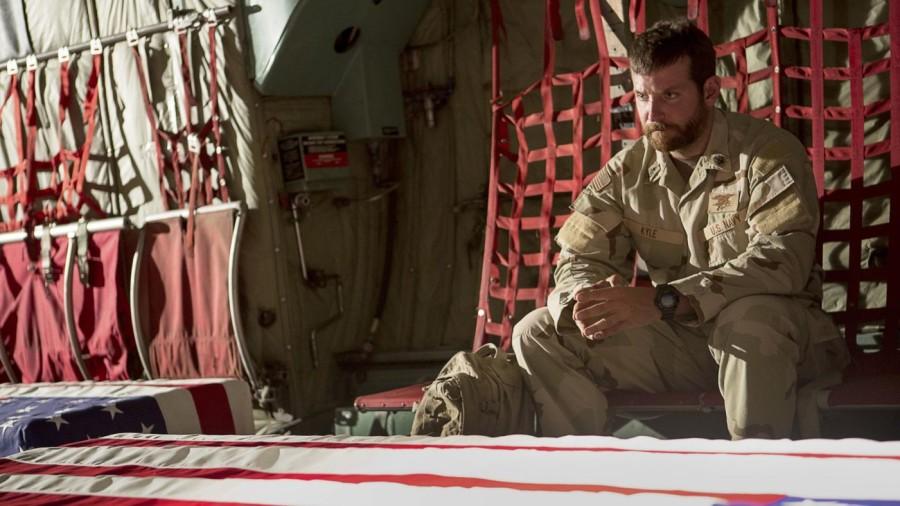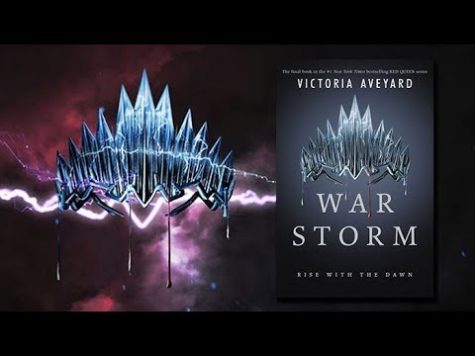American Sniper Narrowly Misses Its Target
I’m not going to lie (I usually don’t in these reviews), but I think a lot of the controversy surrounding American Sniper is unnecessary.
Why? Because it is, that’s why.
I get why people are all fired up about it. Chris Kyle killed 160 people by sniping them, in a war some people say was unnecessary. And there is something to say there. It should be a point of discussion whether a sniper should be considered a coward or a hero. And yes, Chris Kyle isn’t a perfect guy. He’s told several stories that were later proven untrue (fighting Jesse Ventura, killing two carjackers, sniping Katrina looters). But the thing is, all of this happened before the movie came out.
This was all well know by anyone who followed him, so why is it, all of a sudden, such a big deal that he did what he did? Nobody seemed to care before now.
Either way, the controversy shouldn’t affect how you view the movie. If anything, people should be overjoyed by it, because it’s easily the best thing Clint Eastwood has done since 2006’s one-two punch Flags of our Fathers and Letters From Iwo Jima (2008’s Gran Torino wasn’t too bad, depending on who you were).
While he’ll always be best at the western, Clint Eastwood (who directed American Sniper) doesn’t get enough credit for his work in war movies. While he hasn’t done many, what he has done is exceptionally good. The best parts of American Sniper are the extended scenes at war. He directs in a way the you really feel like you’re on the ground fighting with them, which is to say, terrifying.
For those who don’t know, Chris Kyle was just a normal Texas guy who decided to join the U.S Marines as a sniper, and becomes incredibly good at that. He ends up serving four tours in Iraq, coming back each time feeling distant from his wife and family. Clearly suffering from PTSD, he starts going to VA meets, talks to other veterans, and overcomes his PTSD. He even starts to help other veterans and readjusts to civilian life. On Feb. 2, 2013, he was shot and killed by another veteran he was trying to help by taking him to a gun range.
Oddly, this movie suffers from the same issues Chris Kyle suffers from. The battle scenes are extraordinary, making you believe every second that you’re there in the midsts of fire. When the movie is there, it knows exactly what to do.
When it gets back home, it can’t help but feel distant. Seeing Kyle (played by Bradley Cooper, in another excellent performance) kill a child holding a grenade is powerful, but we never really get to know what kind of effect it has on him. Add another 159 deaths on top of that, as well as the fact the whole war unnecessary, and you should see a guy who’s being eaten alive by guilt. You don’t. There’s no big meltdown, no quiet scene where he opens up to his wife about how he feels, no nothing. He sees a psychiatrist, gets help, and is cured. Ta-da. The End.
This doesn’t exactly make American Sniper a bad movie. It just holds it back from being a great one. And for all its flaws, it’s still a tense, exciting look into the life of an ordinary man who just happened to be really good at killing people. That’s all. Nothing more, nothing less.

James Mason is a writer for Temple University. When not writing for the newspaper, he can be found at home reading badly, writing badly, viewing bad...
















